Why It’s So Dang Hard For Malaysians To Avoid Diabetes
Diabetes now affects more people in a younger age group, too.
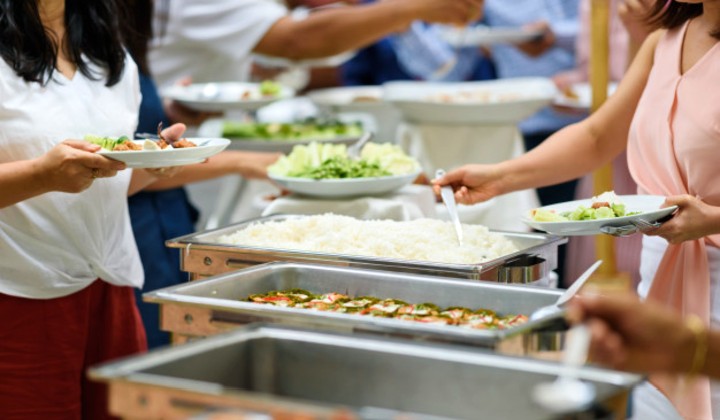
Subscribe to our Telegram channel for the latest stories and updates.
When we speak of diabetes, we think of obese kids stuffing their face with ice-cream and fast food or a fat old man with declining health.
Diabetes wouldn’t happen to you, after all. You’re moderately healthy. You go on walks a couple times a week, you don’t eat fast food all the time, and you only have one (or two) cups of teh tarik in the morning to help you through the day. You get mixed rice and even add in a helping of vegetables.
So you’d be safe, right?
Sorry, But The Malaysian Lifestyle Is Built For Diabetes
It’s shown in the numbers, too. 3.9 million adults are affected by diabetes in Malaysia, the highest rate in Asia. The disease is pretty prevalent and is affecting younger age groups.
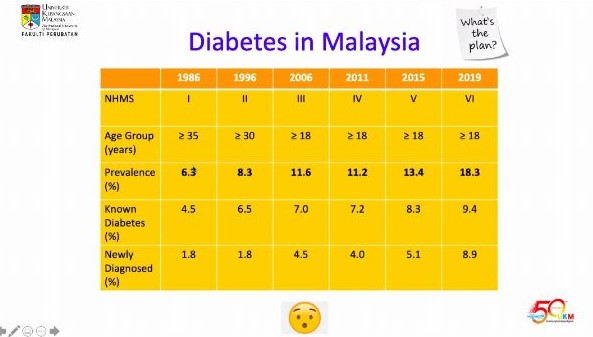
(Credit: Dr Norlaila)
The problem is worsening as the years go by. While in just 1996, diabetes more commonly affected those above the age of 30 and only had an 8% prevalence, by 2019 the disease is affecting all age groups above 18 years old with a 18.3% prevalence, according to Dr Norlaila of Hospital Canselor Tuanku Muhriz (HCTM) UKM.
More Malaysians of all age groups are now at risk of diabetes, which points to a lifestyle problem. But why?
Malaysians Don’t Know What’s Healthy
According to a study done in Malaysia on whether or not people with diabetes could correctly identify components of a diet and its suitability, it turns out that we’re just not that great that figuring what’s ‘good for you’ and what’s ‘not that good for you’.
Only 61.7% of diabetes patients could correctly identify a diet suitable for healthy eating. Only 49% could identify carbohydrates, while only 33.7% could identify foods with high-fat content.
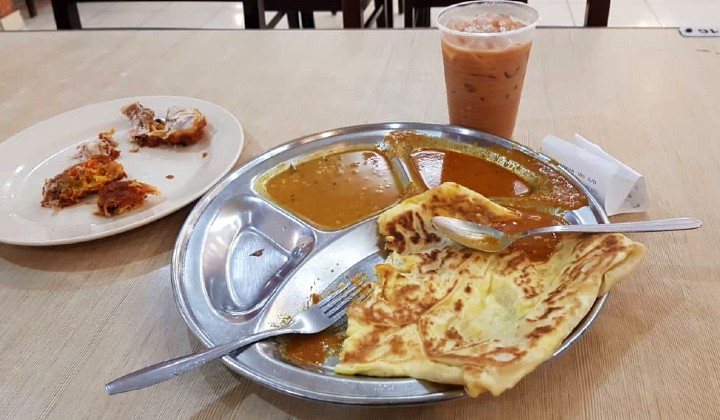
(Credit: TRP)
The Big Problem With Malaysian Food
Yeah we get it, our food is our national pride. We love food and we love eating at all hours of the day.
Yet another study done on Malaysian adults with diabetes found that a whopping 80% ate more than 4 meals a day, 60% ate lots of carbohydrate-heavy snacks, 80% consumed sweetened foods and drinks with their meals, and only 22% consumed fruits daily.
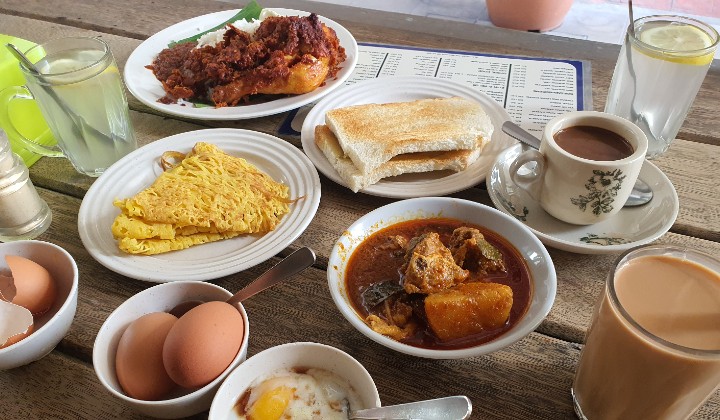
(Credit: TRP)
1. We overeat. A LOT.
Malaysian portions have grown steadily throughout the years, especially as we come to recognize generous portions as being more ‘financially worth it’. As Uncle Roger puts it, “We don’t eat until we are full. We eat until we recuperate the cost of the buffet”.
As a result, we also end up eating more, when all we really need is around 2,000 calories a day!
As anyone who has counted calories before can tell you, 2,000 calories is a lot less than you think. That’s one McDonald’s set meal’s worth of food that should last you the whole day.
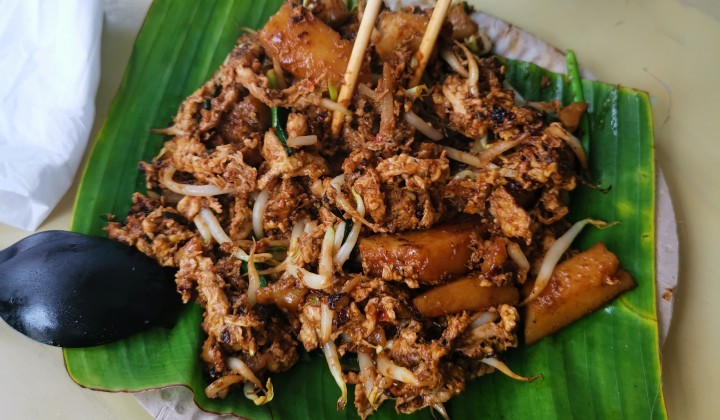
(Credit: TRP)
2. We love our CARBS
We are a carb nation through and through. Everything we eat is carbs and meat with not enough vegetables.
In fact, even if you go for nasi campur, the entire plate is loaded with rice before you pick your sides.
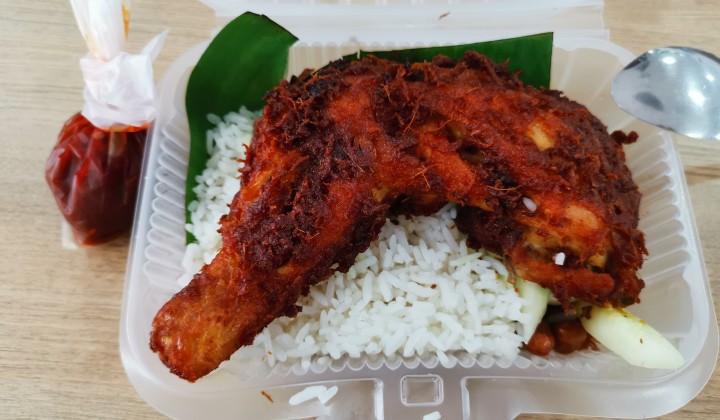
(Credit: TRP)
That’s not to say that carbohydrates are bad, of course. But like the basic principle of toxicology, “the dose makes the poison”.
3. We eat ALL THE TIME
We also find all the reasons to put things in our mouths. There’s breakfast, second breakfast, lunch, tea time snack, dinner, and supper.
In between, we might even find the time for some keropok lekor or cekodok pisang.
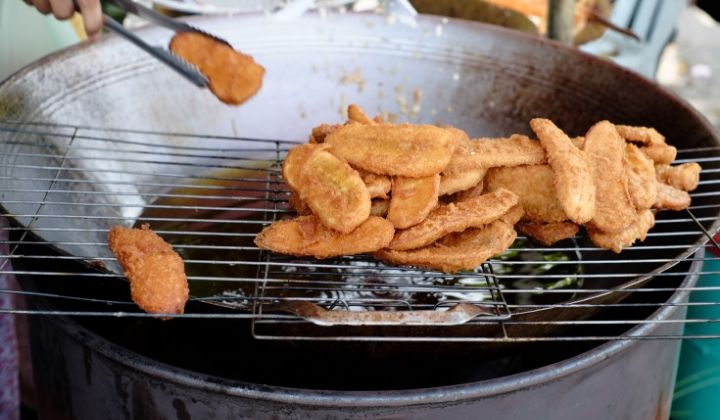
(Credit: Wan Jaapar/Unsplash)
Small meals throughout the day might work as a diet for some people to keep their blood sugars even, if portions were small and well-balanced. However, we Malaysians seem particularly fond of our sweet teh tariks and pastries or fried dough fritters, and one is never enough.
The Struggle For Those Who Have Diabetes
96% of diabetes patients report that they feel like it controls their life, taking up mental and physical energy to control their blood sugar and plan their meals. In fact, there’s even a name for this – Diabetes Burnout, a state of emotional or physical exhaustion from trying to self-manage diabetes.
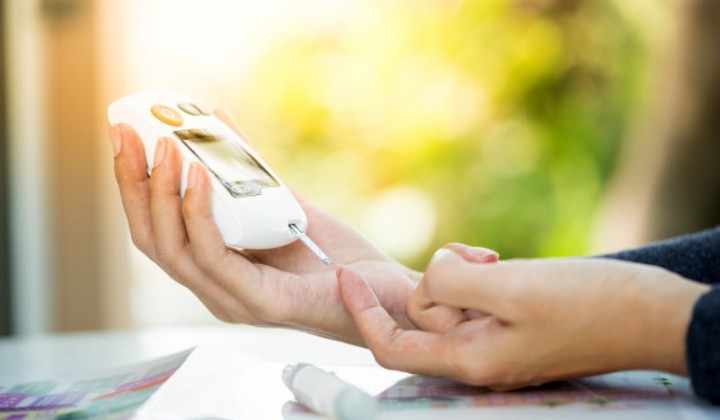
(Credit: Freepik)
Since it’s so hard to choose the right food to eat in Malaysia, meal replacements by nutritionists have gained popularity as an easy solution for diabetic patients, such as Glucerna by Abbott.
These meal replacements come in powder form and promise complete nutrition and satiety, so patients won’t feel the need to cheat on their diets after.
There are ways to decrease the stress faced by diabetic patients, but it’s a good wakeup call for everyone else to check their lifestyles before it’s too late.
Share your thoughts with us on TRP’s Facebook, Twitter, and Instagram.
Anne is an advocate of sustainable living and the circular economy, and has managed to mum-nag the team into using reusable containers to tapau food. She is also a proud parent of 4 cats and 1 rabbit.





